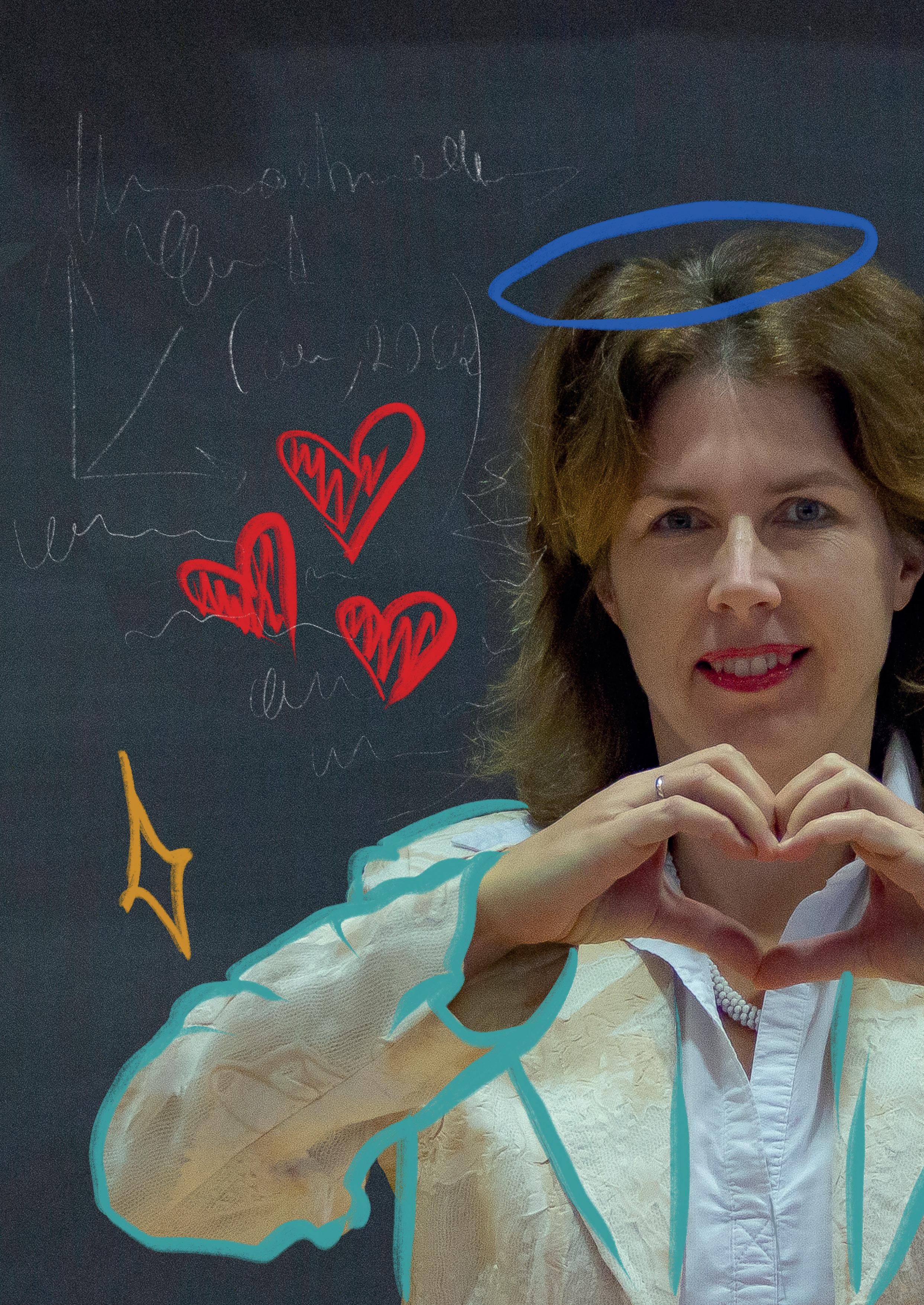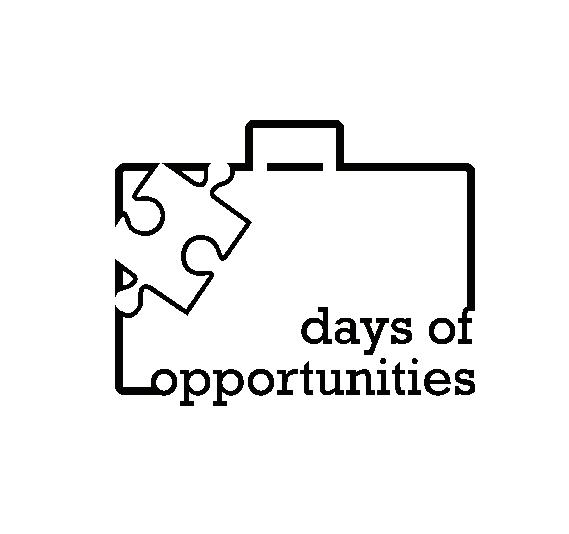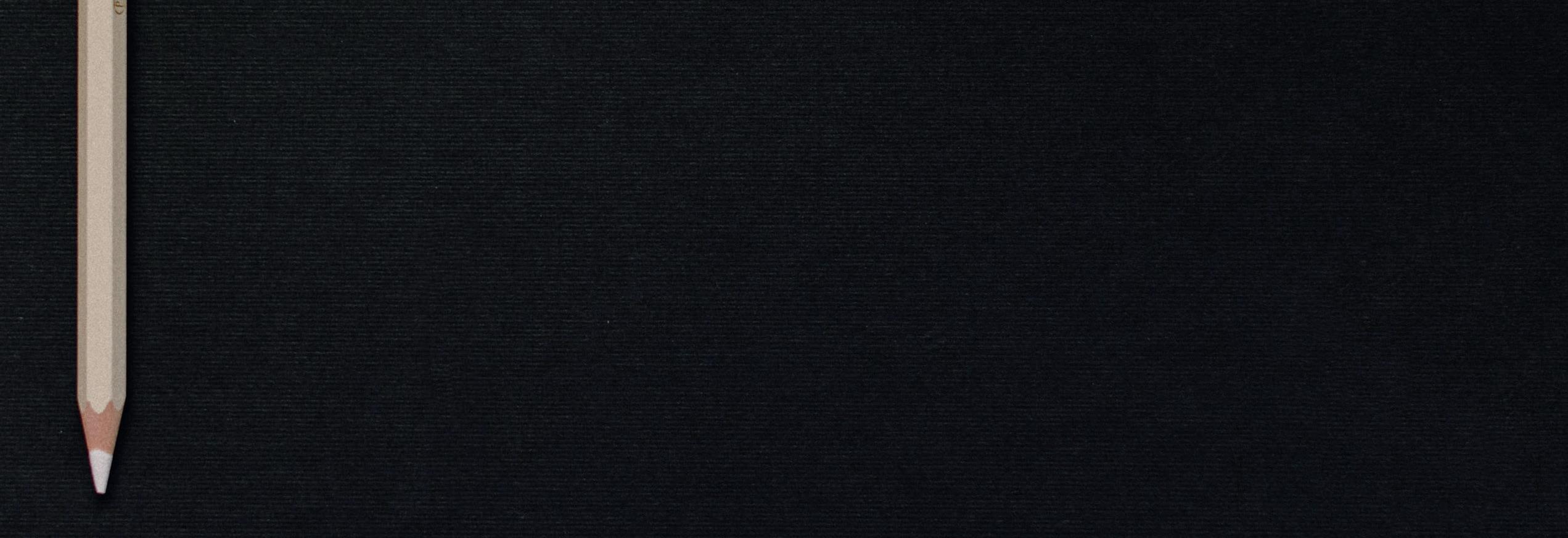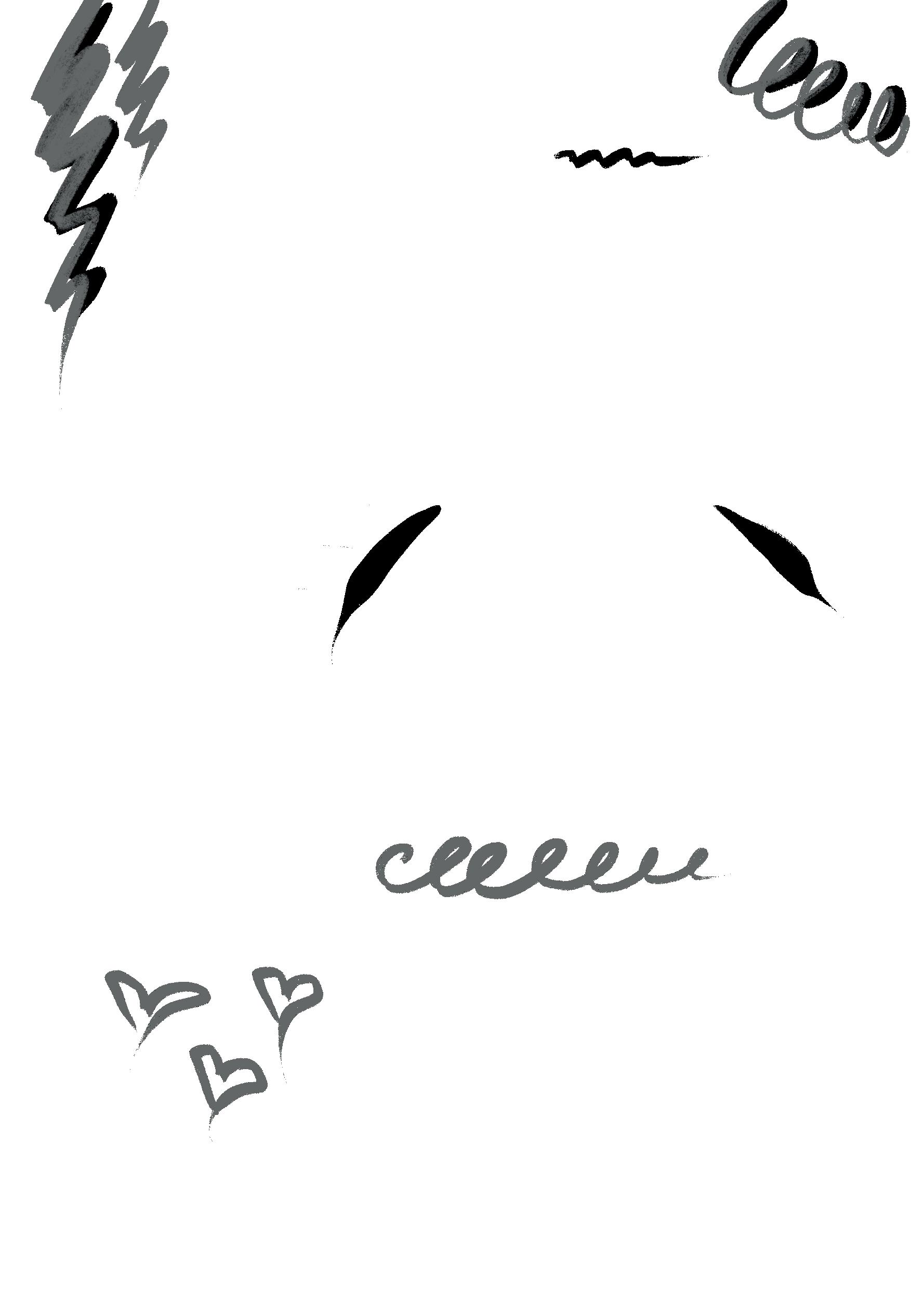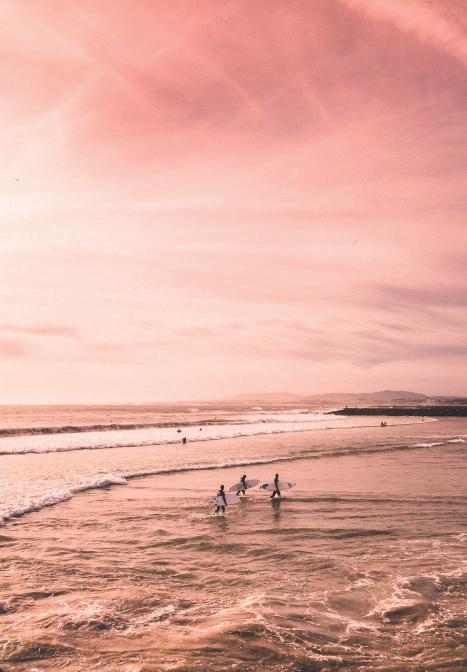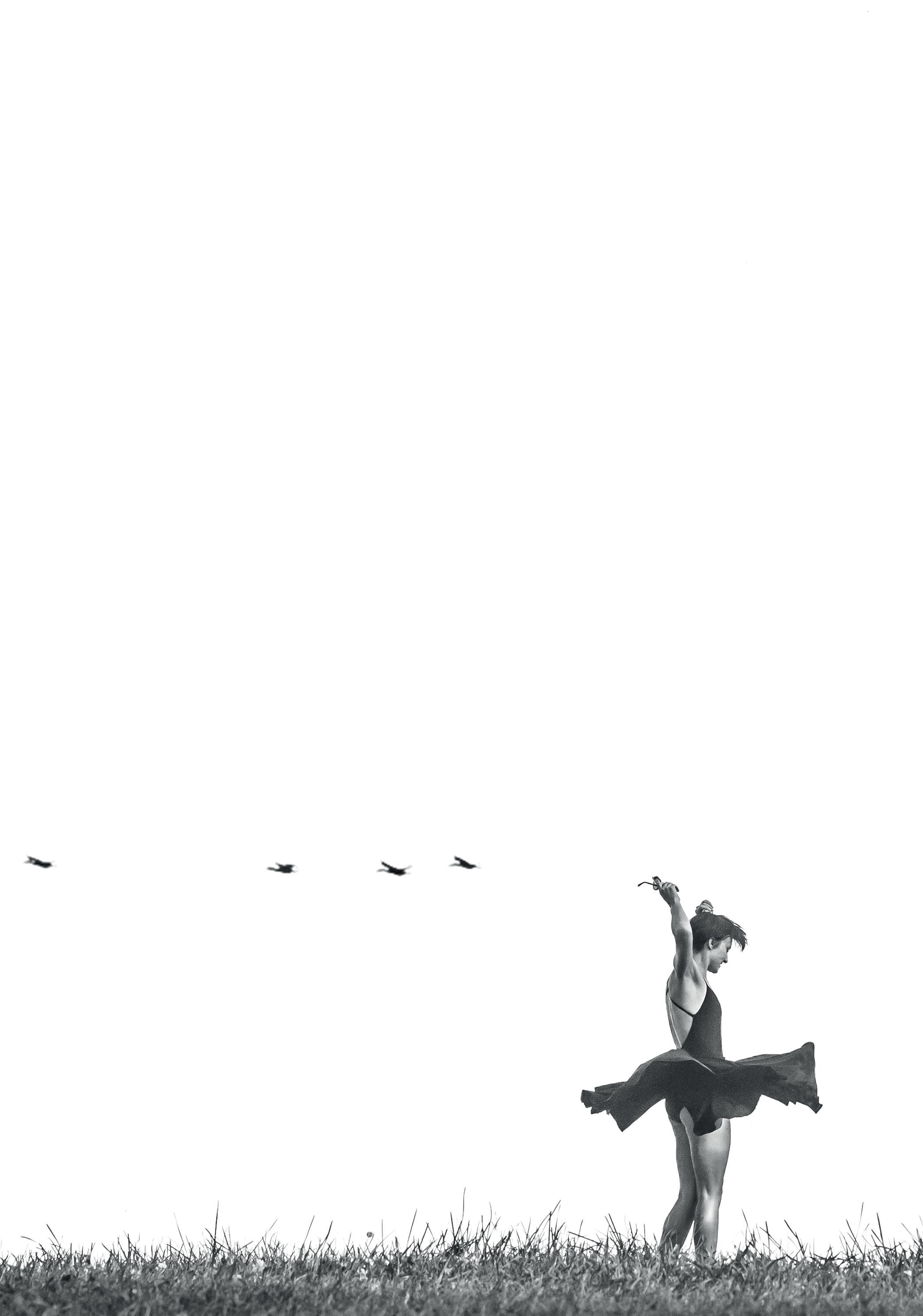
5 minute read
The psychology of anxiety and relaxation
by Amanda Zvaigzne
Human nature is turbulent, and in many cases it’s rather rare to stay at a single stable state of mind. The inability to fully grasp the triggers is the primary reason for anxiety, as there is just too much in too little time. As a matter of fact, the process of learning and using complicated concepts is made for inducing a certain level of anxiety, which in an unsustainable state of mind for proper everyday functioning. It should be that finding the balance between these stressful moments and relaxation is the key to maintaining mental stability. However, there is a reason why this model is difficult to sustain: relaxation is the exact opposite of anxiety, meaning that it is unrealistic to achieve both at the same time. There is more to relaxation during stressful times than meets the eye. Anxiety is caused by a stressful environment and an extended need for alertness: while by itself being alert has a positive contribution, it is mentally exhausting. The tasks causing factual anxiety are usually highly challenging, at the same time take place during time, when there is not enough knowledge to ease the constant need for alertness. As being under constant stress is not enough, anxiety further cultivates the sense of panic, disrupts sleep schedule, and distorts human interactions. By trying to manage ourselves under high pressure, we are more prone to
Advertisement
create a lasting negative impact on our relationships. Relaxation takes place when we are highly qualified, but the tasks provide us a low level of challenge. It means that we can actually achieve relaxation by not doing things we are not qualified for, which is, of course, mind blowing. The best possible alternative is to try balancing the two: relaxation and anxiety. Observing the model, the balance theory seems rather unstable: it means constantly switching between one end or the other. The main problem with finding the balance is not that there are no ways how to relax. It’s that the “high complexity under low knowledge” circumstances usually happen under a time pressure. There simply isn’t enough time to balance it out. Of course, in theory, reaching the state of flow is the way to reach peak performance. However, the state itself is not only difficult to achieve, but also to navigate. Flow is the most complex state of all, it means that we are fully grasping difficult concepts with a high level of understanding, which is extremely likely not the case when it comes to learning. Flow has very high added value, but it comes with a high price. Not only is it difficult and time-consuming, it is also in many cases unnecessary. Sounds good, doesn’t work.
Mental state in terms of challenge and skill level (Csikszentmihalyi, 1990)
While flow sounds too good to be true, there is more to it then just learning and knowing everything. It is difficult to approach flow under relaxed circumstances, as drifting between different levels of difficulty and somehow always knowing the answers can only happen when you have already reached flow. In this case, it is not necessary to reach the peak state of flow, but gaining control over things that are less related to learning is also a direct tool of approaching the mindset of flow. The creator of this concept, Mihály Csíkszentmihályi, has taken the time pressure into account when developing a plan of reaching the flow state, meaning we already assume that we don’t have all day to meditate or just breathe deeply.
Different tools to stabilize a sense of flow: Body mindfulness - many people under pressure tend to forget that the body is a tool through which we experience world, and there are many simple pleasures that can increase our stability. It is understandable that, while racing against deadlines or spending hours just trying to get it, it is easy to forget that we have a body that needs attention, not only our mind. This is not about royal treatment or anything obscene. This is about eating the food you actually like, it’s about sitting comfortably, music, and movement. Even if your mind is heavy, the rest of you doesn’t have to be.
Mind - first comes the understanding that the natural state of mind is chaos. The useful patterns are developed, meaning that not looking after our thoughts leads to us answering the calling of chaos. We have to begin with an understanding: chaos and confusion is not the ‘bad side’ of things. It’s not wrong. It is what it’s supposed to be.
Communication - words are the tool of controlled expression. Until you write things down, they are a part of the natural chaos. Writing and talking are the easiest tools that can be used to put things into perspective.
Solitude - there has to be something in solitude, that
makes you feel comfortable. Usually while learning it’s silence, as well as not being bothered or having to worry about external triggers. It is easy to get a job done in a company, however solitude reveals the patters we have developed for ourselves.
Coping with stress - there are two ways in which people may respond to stress: the negative and the positive (neurotic and mature defense). Being able to quickly cope using mature defense is a skill that is actually learned, as neurotic defense is based in the initial emotional rection to an event. One of the most useful tools to approaching mature defense is self-feedback. It does not mean keeping track of every single thing that is happening and contemplating whether it was the right choice or not. Rather: when under a lot of stress, understand the actual emotion you are feeling. A sense of panic usually has a hidden emotion underneath it, and it tends to be more truthful and mature. It is not immature to feel anxiety, stress and panic, as they are the indicators of an internal sense of responsibility.
Flow is not the easy way out: it is also not a permanent solution. Many can say that some days they just “don’t feel the flow”: and the feeling is true, some days just don’t feel right. It’s just that when days turn into weeks, there’s not much left of self-enjoyment and will to take care of who we are. I am doubtful whether anyone during the FE course will manage to achieve absolute flow and reach nirvana (without the assistance of any psychoactive substances), however each step towards actual relaxation in a high-wired environment is actually a step towards reaching a state of flow.
TL;DR
If you really want to relax, just stop doing difficult things. Or do only difficult things you are good at. Otherwise it’s either anxiety, or the journey towards obtaining some levels of flow.
